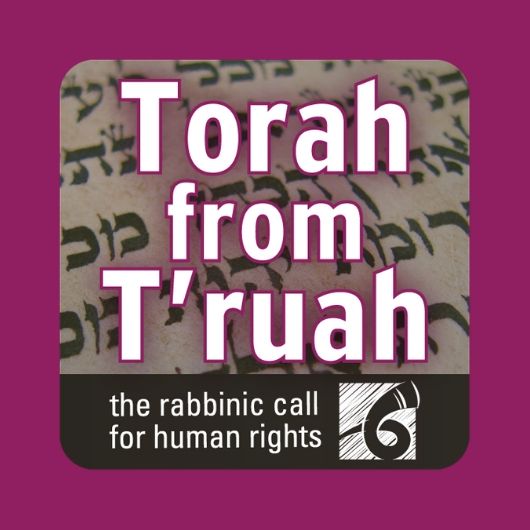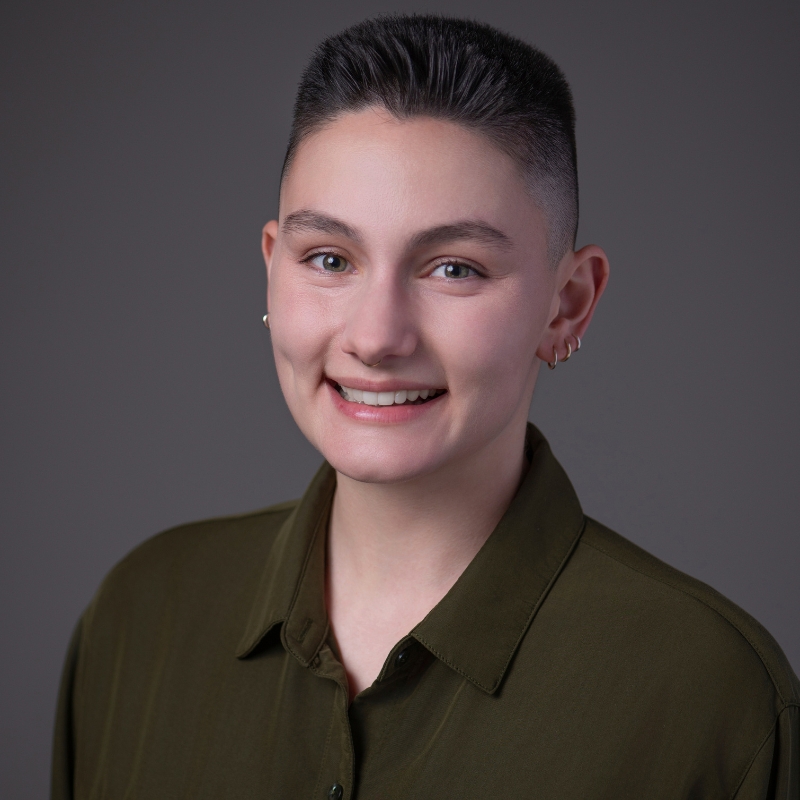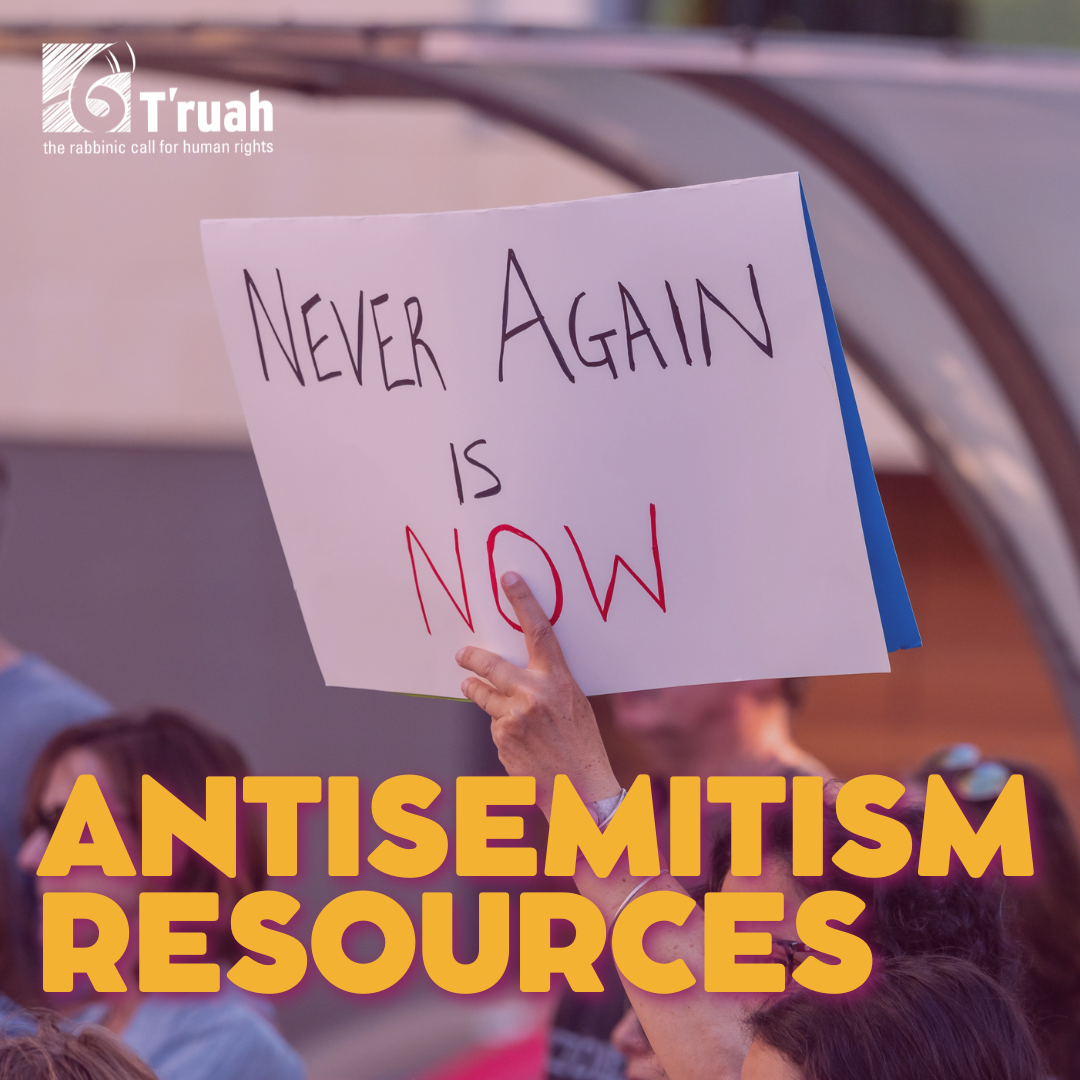Resources

The Sound of Longing
Rabbi Maya Glasser points to the importance of recognition, whether with Zelophehad's daughters in Parshat Pinchas, or those in solitary confinement in our own day.
more

How We Deal With Our Anger
For Parshat Chukat, Rabbi Matthew D. Gewirtz offers us a more useful way to channel our anger.
more

Argue for the Sake of Holiness
Rabbi Sharyn Henry reflects on what it means to argue for the sake of heaven in Parshat Korach.
more


“What’s Love Got To Do With It?”
Rabbi Dr. Jenny Solomon discusses the importance of blessing with love.
more

Each Person, A Letter of Torah
Rabbi Kimberly Herzog Cohen writes on Bamidbar and making every person count.
more

Praying With Our Feet
“Praying for freedom never did me any good ‘til I started praying with my feet.” – Frederik Douglas “On the seventh day there shall be a Sabbath of complete rest, a sacred occasion. You shall do no work.” – Leviticus 23:2-3 (Parshat Emor) We are blessed to live in a thriving democracy. Though American and...
more

Living by Our Values
Commentary on Parshat Acharei Mot (Leviticus 16:1 – 18:30) When my pluralistic Jewish school’s 11th- and 12th-grade students visited a nearby Roman Catholic school for our annual “Friends in Faith” program, they finished the icebreakers and the lively Quiz Bowl game, and then they walked towards the chapel for a mid-morning visit and explanation of...
more

Elijah’s Covenant Between the Generations
Commentary for Shabbat HaChodesh and Shabbat HaGadol This coming Shabbat is Rosh Chodesh Nissan, which means the clock is ticking for Pesach’s arrival. The following Shabbat, we will read as Haftarah the very last passage of the last of the classical Hebrew Prophets: Chapter 3 of “Malachi.” We name the day “Shabbat Hagadol” – referring...
more

Addiction: The Strange Fire in Our Midst
Commentary on Parshat Shmini (Leviticus 9:1 – 11:47) What happens when the gift we want to offer isn’t accepted? Why do our efforts to be holy sometimes have tragic consequences? Our Torah reading celebrates the completion of the Mishkan, the Tabernacle built to be God’s dwelling place amongst the people. Precise instructions have been followed,...
more



